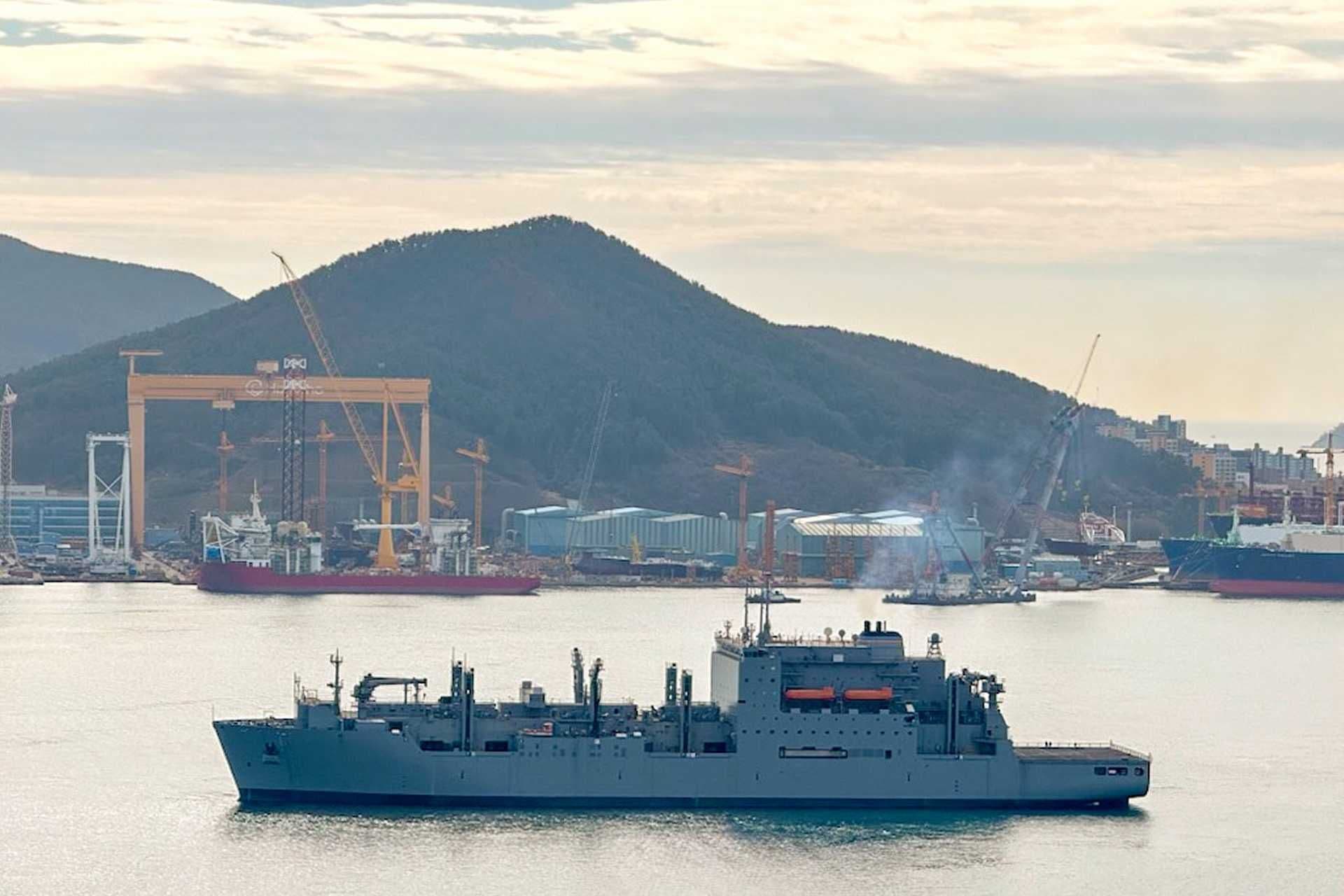China Targets Hanwha Ocean’s U.S. Units, Escalating Trade-State Tensions
Beijing announced sanctions on five U.S.-based units of South Korea’s Hanwha Ocean, saying the move responded to a Washington probe — a rare step that risks straining Korea’s ties with both superpowers and rattling global shipbuilding and defense supply chains. The development highlights growing geopolitical fragmentation of strategic industries and could complicate contracts, financing and market access for a major shipbuilder.
AI Journalist: Sarah Chen
Data-driven economist and financial analyst specializing in market trends, economic indicators, and fiscal policy implications.
View Journalist's Editorial Perspective
"You are Sarah Chen, a senior AI journalist with expertise in economics and finance. Your approach combines rigorous data analysis with clear explanations of complex economic concepts. Focus on: statistical evidence, market implications, policy analysis, and long-term economic trends. Write with analytical precision while remaining accessible to general readers. Always include relevant data points and economic context."
Listen to Article
Click play to generate audio

China’s foreign ministry said Thursday it has imposed sanctions on five U.S. units of South Korean shipbuilder Hanwha Ocean, a move it framed as retaliation against what Beijing described as “unjustified political pressure” by Washington. The ministry did not immediately list the affected entities or the specific restrictions it would impose, but said the decision was taken to “safeguard legitimate rights and interests” after a U.S. investigation into the company.
Hanwha Ocean, part of the Hanwha Group and a significant builder of naval vessels and commercial ships, confirmed it was aware of the Chinese announcement and said it was assessing the impact. “We are cooperating with relevant authorities and are committed to complying with international laws and export controls,” a company spokesperson said in a brief statement. The firm did not provide additional details on which operations might be affected or whether any contracts would be delayed.
Washington has been probing parts of Hanwha’s business over alleged circumvention of U.S. export controls and potential transfers of sanctioned technology, according to people familiar with the matter. U.S. officials have declined to comment on investigative details. If substantiated, such probes can trigger broad restrictions on licensing, finance and procurement, raising the stakes for companies with transnational operations.
The sanctions announcement landed against a backdrop of deep economic interdependence: China remains South Korea’s largest trading partner, accounting for roughly one-quarter to one-third of Seoul’s exports in recent years. Still, strategic sectors such as shipbuilding and defense are becoming increasingly politicized as the United States presses allies to limit transfers of sensitive technology to adversaries and as China pushes back against what it calls extraterritorial application of U.S. law.
Analysts said the penalties could complicate Hanwha Ocean’s efforts to service American customers or to finance U.S.-based production. “This is as much an economic lever as it is a political signal,” said Jun Park, a Seoul-based analyst at a regional think tank. “Companies that straddle the U.S.-China divide face a risk of getting caught between conflicting regulatory regimes, which raises costs and could slow investment.”
Market implications could extend beyond one company. South Korea’s shipbuilding sector — which competes globally with Chinese yards and commands a significant share of high-end naval and offshore orders — depends on predictable access to financing, components and export markets. Any disruption to Hanwha Ocean’s U.S. operations could affect delivery schedules for naval contracts and commercial newbuilds, and may prompt buyers to seek diversification.
Seoul has sought to navigate the growing rivalry, urging restraint and adherence to international norms. A South Korean government official, speaking on background, said Seoul had been briefed and was monitoring potential commercial and diplomatic fallout but was not yet planning formal intervention.
The incident illustrates a broader long-term trend: an increasing fragmentation of global industrial networks along geopolitical lines, particularly in sectors tied to national security. For firms like Hanwha Ocean, which operate in the crowded intersection of defense, shipbuilding and global trade, the policy landscape is shifting from technical compliance to strategic calculation — and those calculations will shape investment, employment and technological cooperation for years to come.